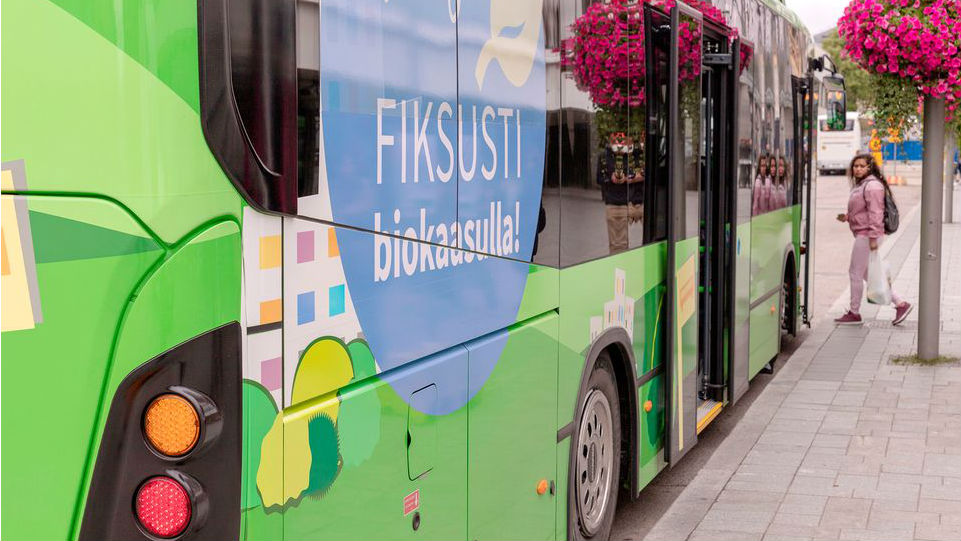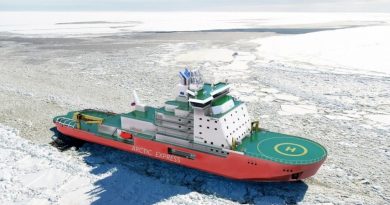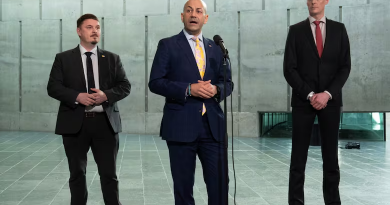Electric and biofuel buses roll into Finnish cities

Buses running on biogas and electricity are slowly becoming a more common sight in Finland, as transport companies and municipalities invest in greener options.
The central city of Jyväskylä took its first biogas bus into use this week and three more coaches will join it on the roads there in the autumn.
The transport company Mennään Bussilla won a tender competition to supply the biogas buses for eight years to the city after local decision-makers prioritized fossil-fuel-free alternatives. The buses draw on the city’s own Mustankorkea biogas production plant. Depending on how it is equipped, investment in one biogas bus comes at price of around 250,000 euros.
Just the beginning
In the western coastal city of Vaasa, biogas buses have been doing the rounds since 2017. Since this time, the cities of Oulu and Lappeenranta have also introduced the renewable energy-powered option.
Ilkka Korpela, sales representative for the Swedish truck and bus maker Scania in Finland, says that the biogas bus boom in Finland is just taking off.
He says Scania production facilities in Sweden and Poland have manufactured about 300 biogas buses in the last year, most of which have been sold to markets in Sweden, Norway and central Europe. Sweden already has some two thousand biogas buses in operation.
A new European Union directive enacted in June will push environmentally sustainable public investment decisions in the coming years. Scheduled to come into effect in 2021, it is already causing municipalities to consider investing in fossil-fuel-free options when arranging tenders for future services.
Helsinki goes all-in on electric
In the capital city of Helsinki, the Helsinki Regional Transport Authority (HSL) plans to introduce new electric buses to its fleet in the autumn. It has set a goal to make one out of every three buses serving the metropolitan area to be electric by the year 2025. This works out to be a major investment as well, as the network has a total of over 1,500 vehicles in operation.
The Lahti-based electric vehicle developer Linkker has already rented several buses to HSL for test use.
Electric buses are even more expensive than their biogas alternatives, costing 400,000 euros each on average – or the cost of two diesel-run equivalent buses. Use of the electric buses is considerably cheaper, however, says HSL’s division manager Ilmari Mäkinen.
Diesel buses last between 15 and 20 years in everyday use. Because electric and biogas buses are still relatively new and still developing, it is impossible to estimate their user life ahead of time. The suppliers of both have promised that they will last at least 10 to 15 years.
Related stories from around the North:
Canada: Communities in northern Canada struggling with high fuel prices, CBC News
Finland: Finnish housing companies hesitant to install charging stations for electric cars, Yle News
Norway: Arctic Norway to get advanced EV charging network, The Independent Barents Observer
Russia: Arctic electric rally hits the road towards Northwestern Russia, The Independent Barents Observer
Sweden: Northern Swedish city launches battery-powered bus route, The Independent Barents Observer
United States: Alaska’s first, electric public transit bus ready to hit Anchorage streets, Alaska Public Media



